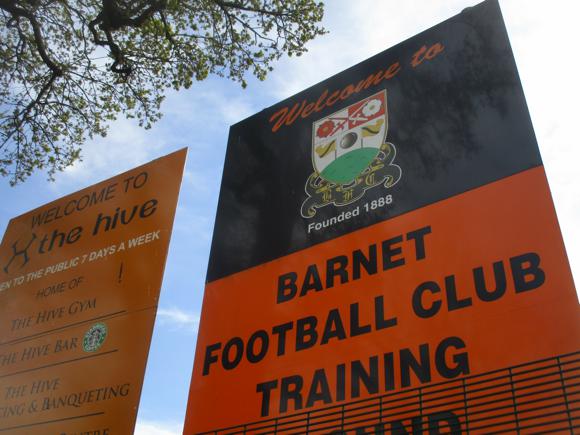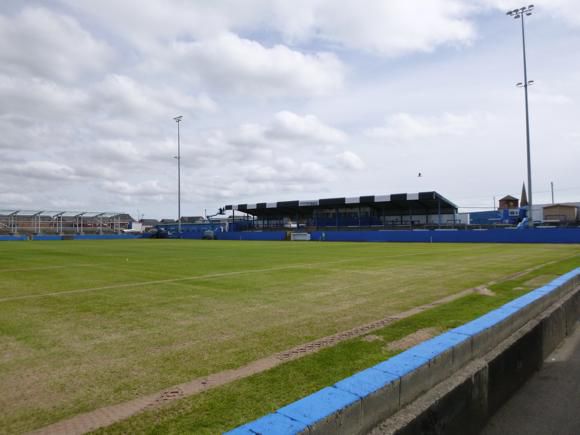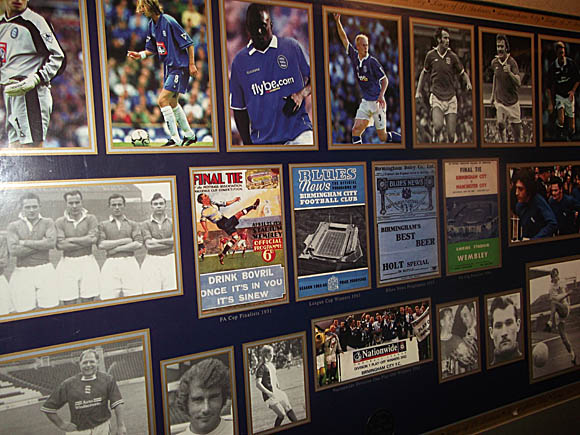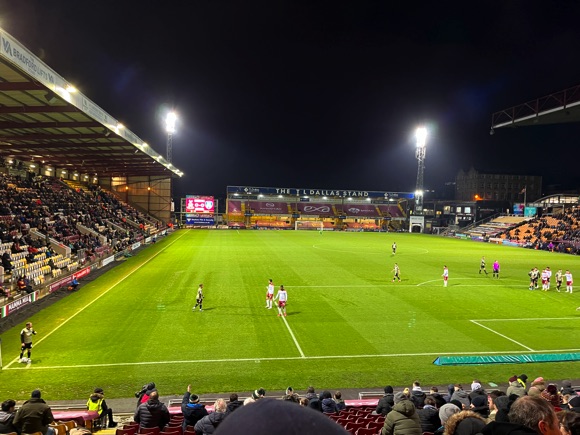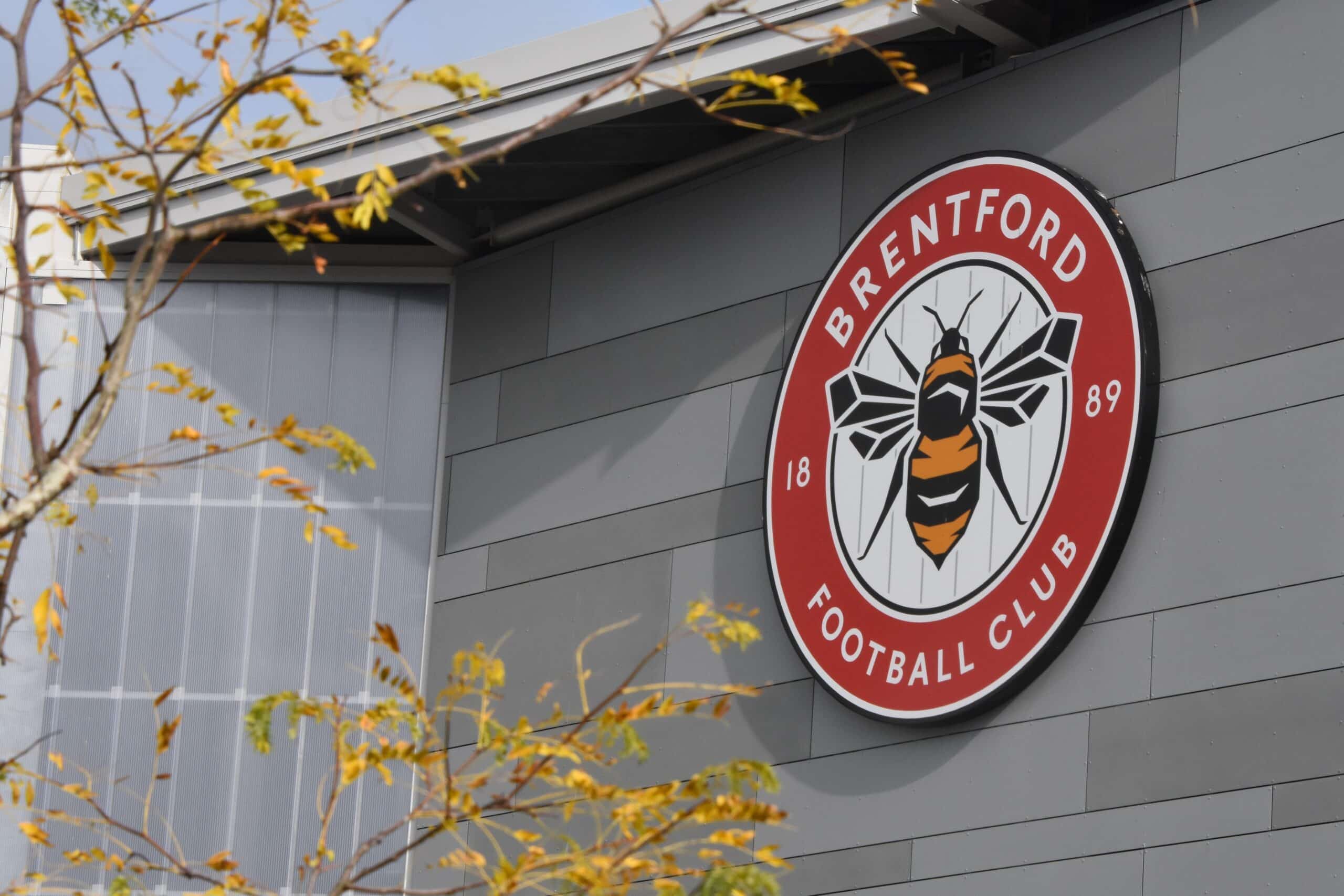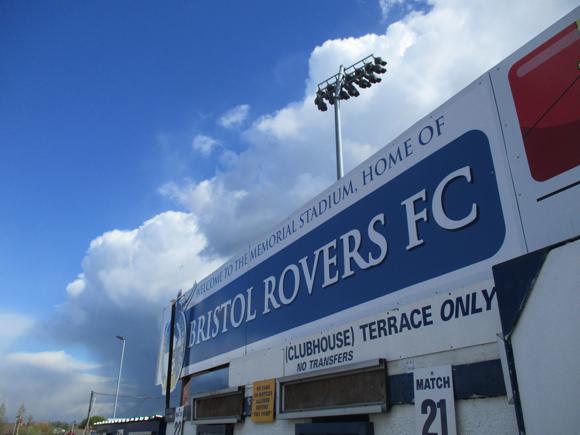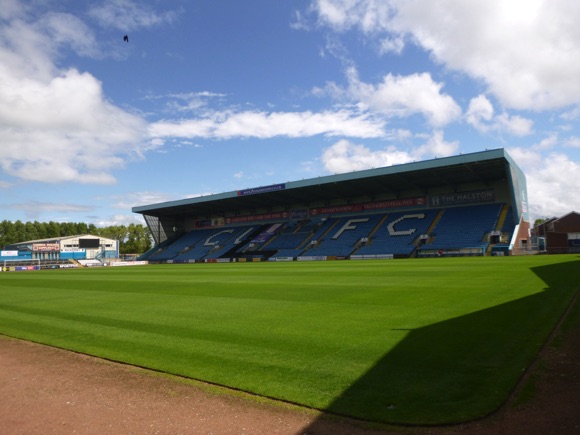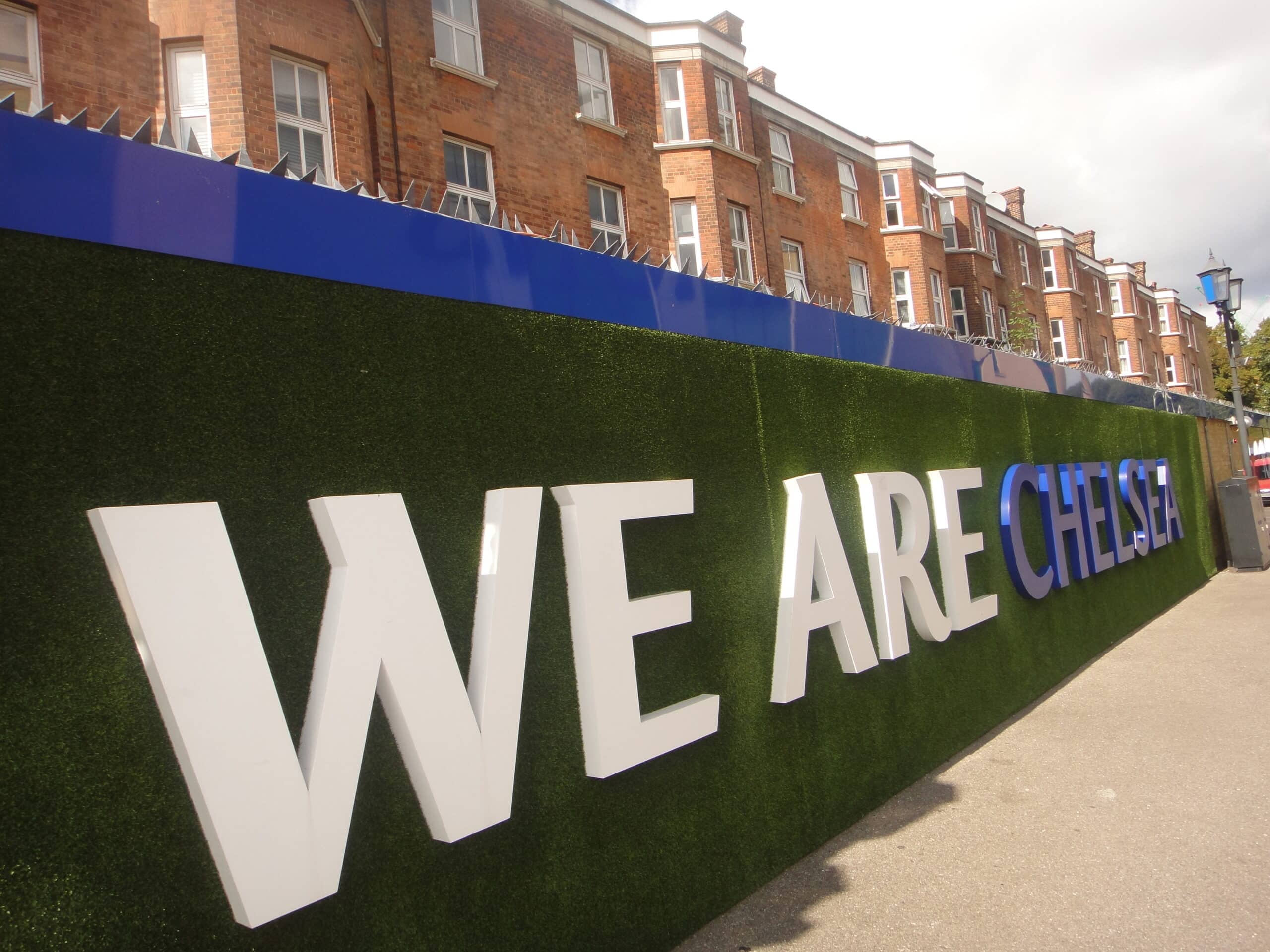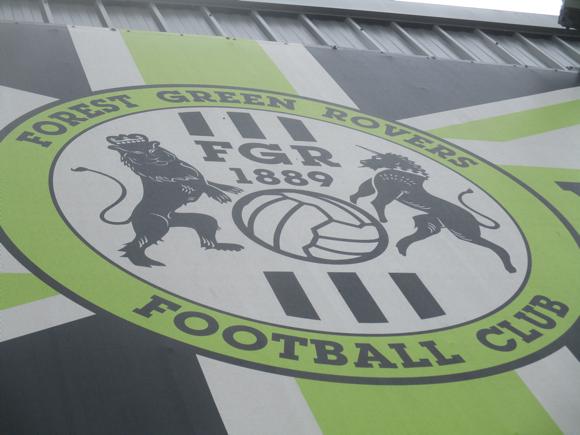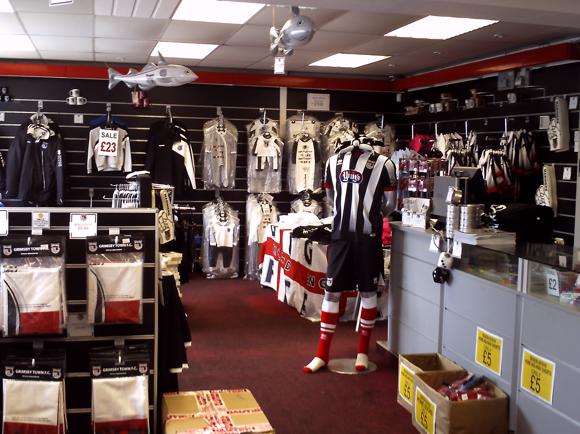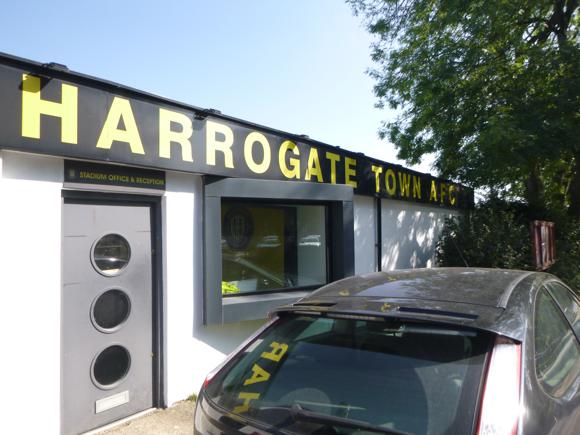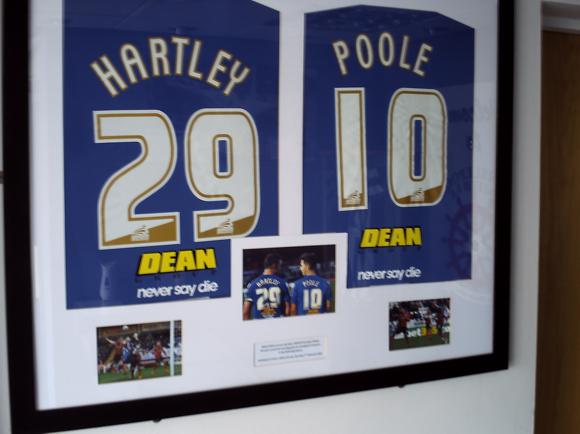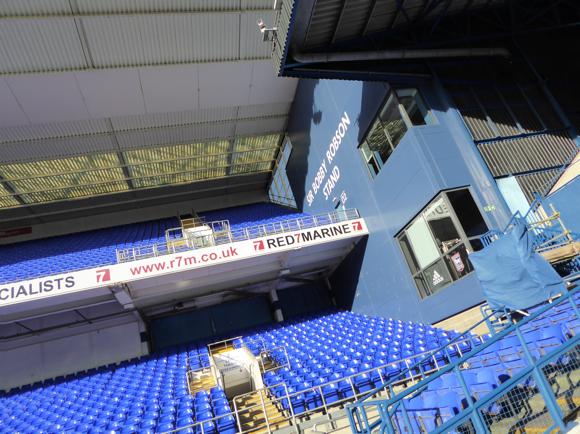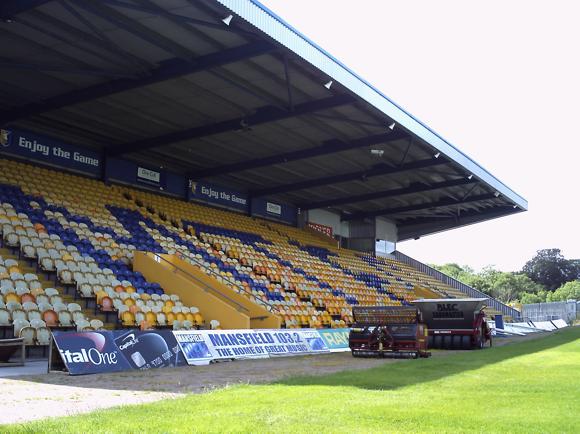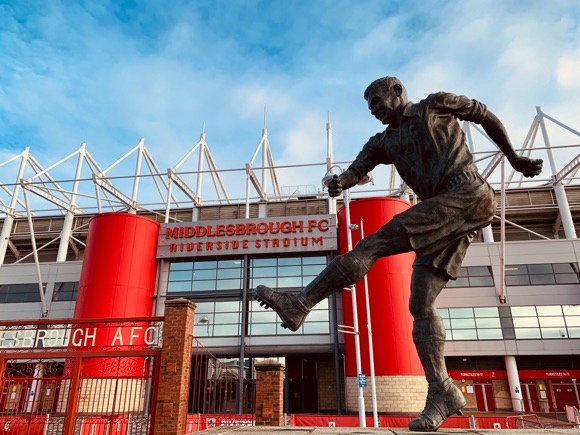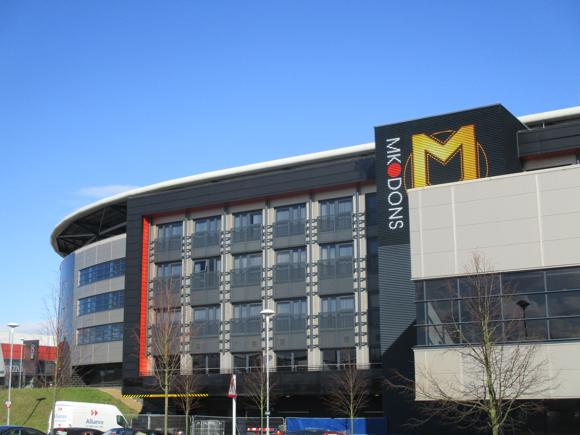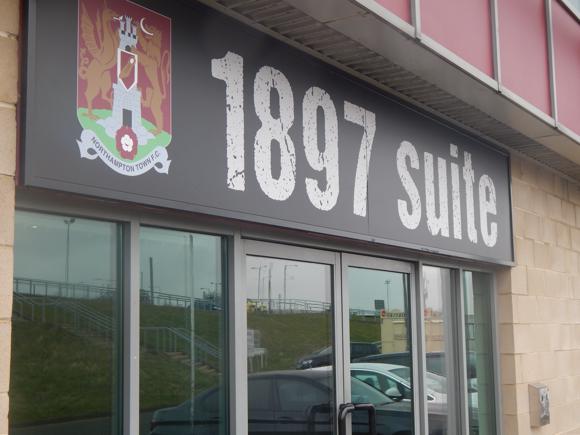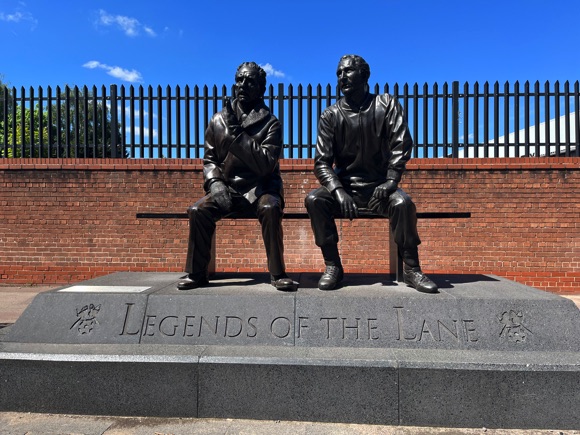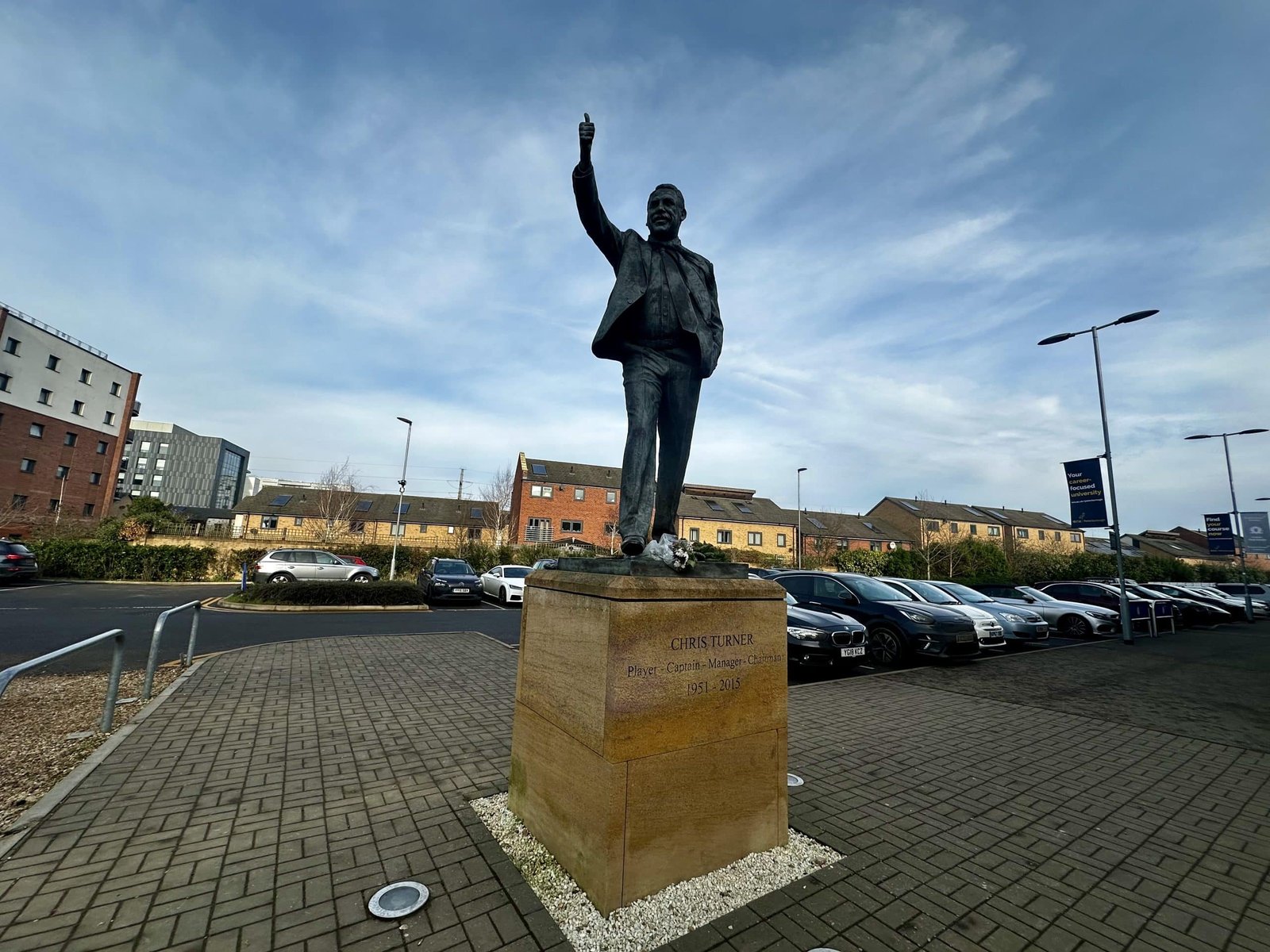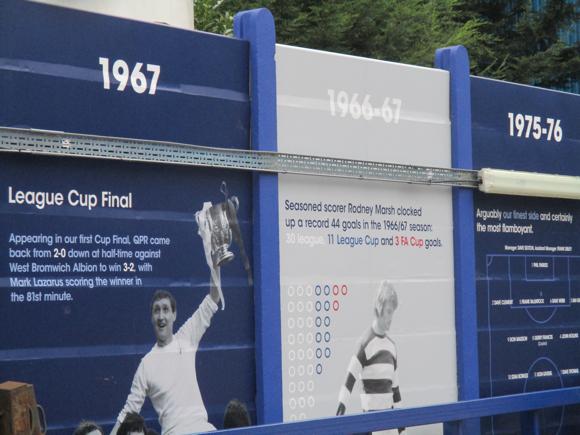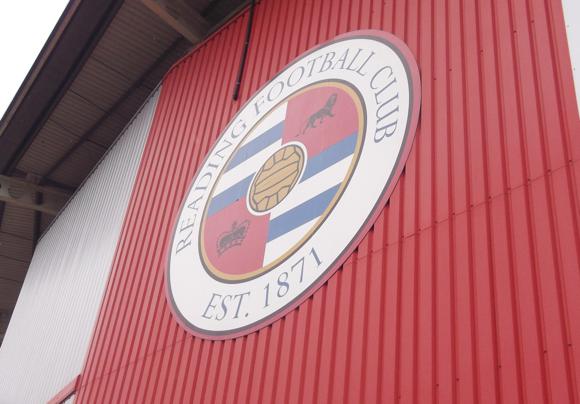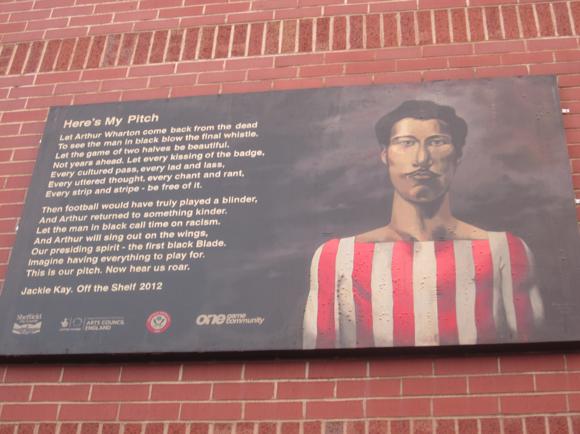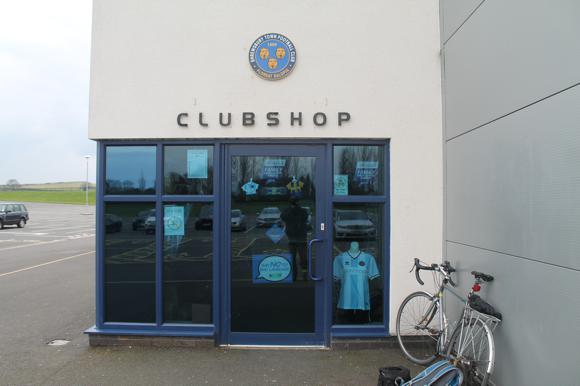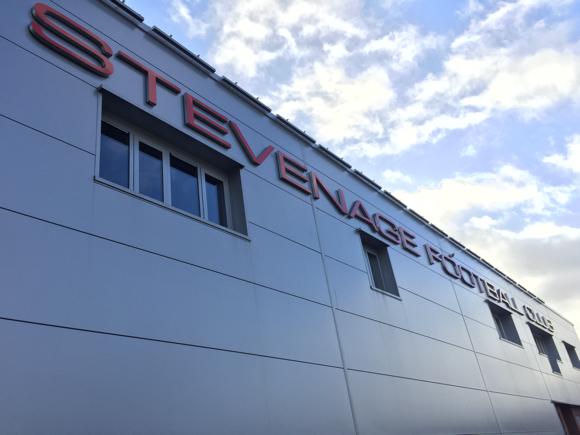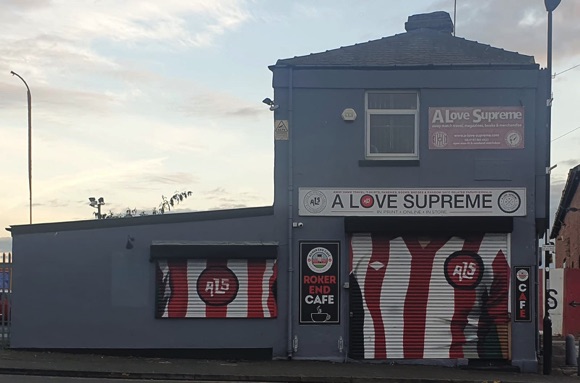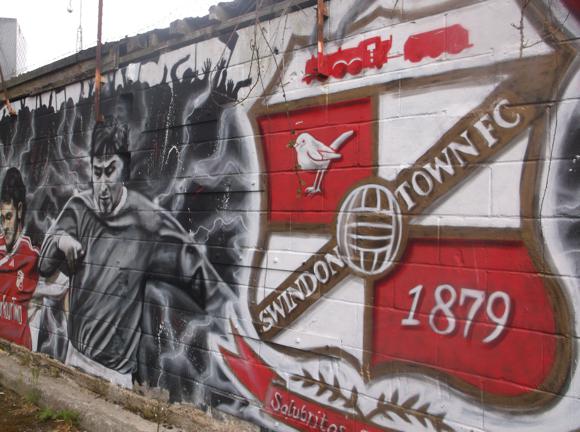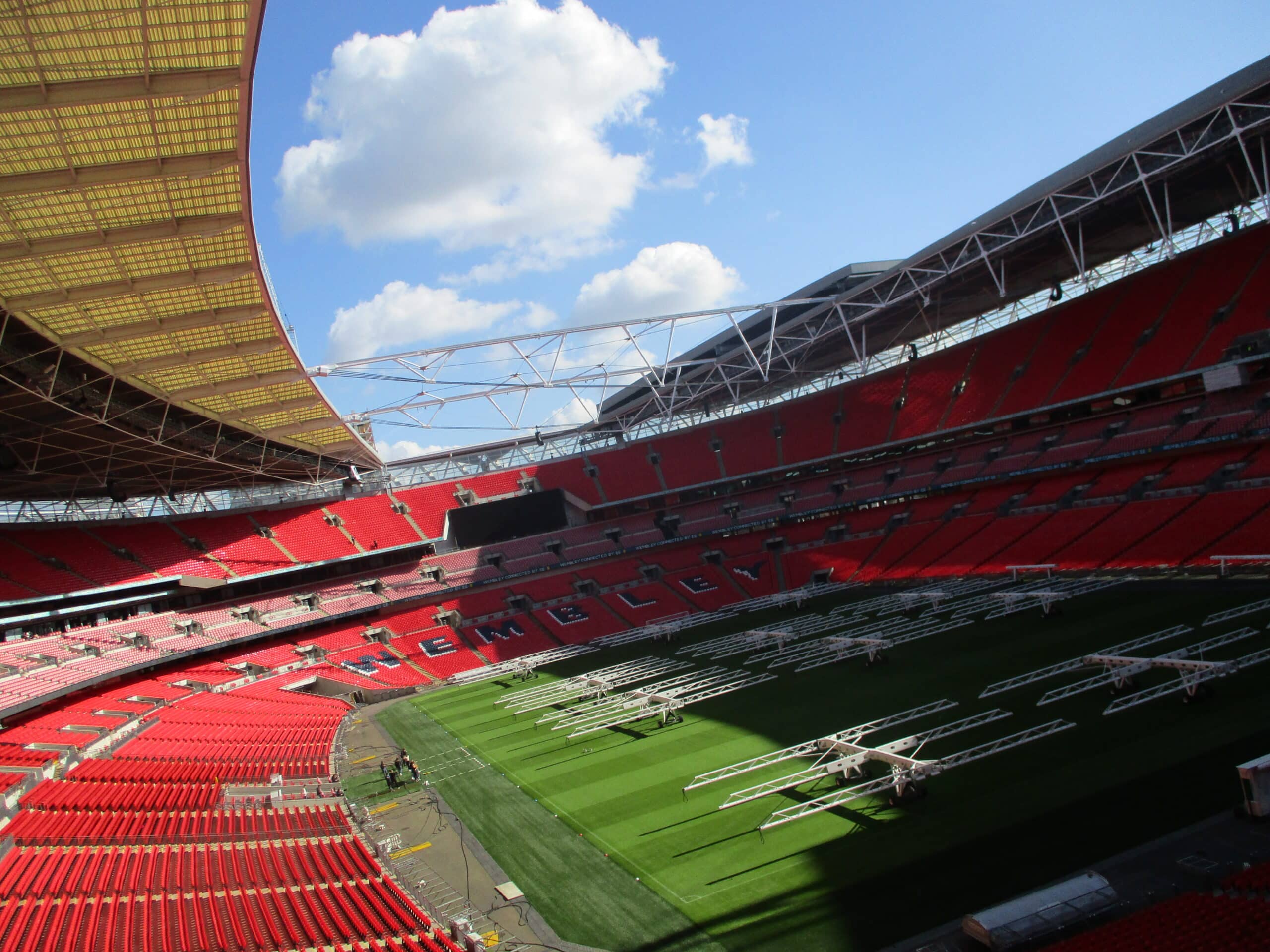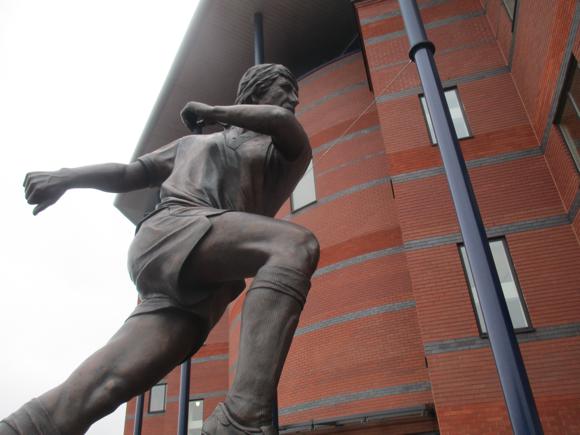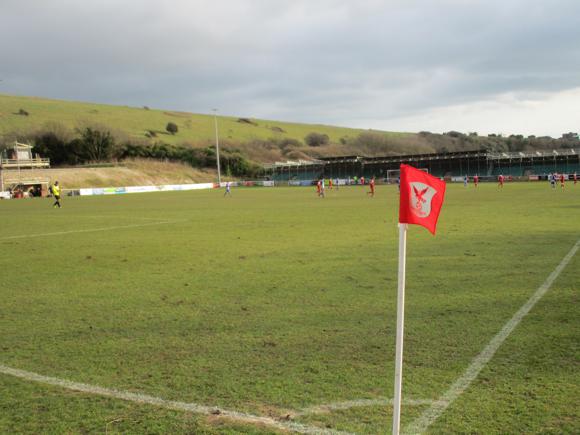A fan’s guide – the club from early doors to today
Promoted in 2016, promoted in 2015, there seemed to be no stopping Burton Albion. Fittingly, it was Nigel Clough who led them to the unprecedented heights of the Championship, the former England international returning to Burton in December 2015 after his pivotal decade at the helm in the 1990s.
Though unable to keep the Brewers in the Championship, Clough stayed in charge until 2020, a memorable 3-2 win over his former club and local rivals Nottingham Forest in the League Cup granting access to an eventual semi-final berth in 2019.
Formed in 1950, with obscure links to defunct local clubs in a town where rugby was traditionally the dominant sport, the Brewers moved up from the Birmingham & District League to Southern League NW zone in 1958.
That same year, Albion moved into Eton Park, a 4,500-capacity ground that served the club from Southern League Premier to Northern Premier to FA Trophy final in 1987.

Top scorer in the early days was Richie Barker, who set a club record 159 goals in the 1960s, later becoming one of Brian Clough’s early signings for Derby County. Shortly afterwards, Ben Robinson joined the Albion board, the start of a long relationship with the Brewers, taking over as chairman in 1995.
An international striker for Nottingham Forest under his father Brian, Nigel Clough joined Albion as player-manager in 1998. Within a season, the club was knocking on the door of the then Nationwide Conference, one level down from full League status.
Winning the Northern Premier by 15 points in 2002, Clough’s high-scoring Burton Albion steamed into the de facto fifth flight with an astonishing goal difference of 76. Player of the year that season was Burton-born Darren Stride, who rose through the ranks to set a record number of appearances for the club over 17 years. Third top scorer in Burton’s history, Stride spent much of his career there at centre-back but turned out in every position, including stand-in goalkeeper.

Team captain Stride and keeper Saul Deeney were heroic as Burton historically held Manchester United to a 0-0 draw in the FA Cup in 2006, earning the club a replay worth £500,000-plus. The timing couldn’t have been better – only weeks before, United had again been the visitors when Albion officially opened their new £7 million Pirelli Stadium, close to Eton Park.
Clough’s achievements at Burton had not gone unnoticed. After a narrow defeat to Cambridge in the Conference play-off in 2008, the next season he led Albion on an 11-game winning streak either side of Christmas and was promptly snapped up by Derby County. Stalwart defender and title-winner under Clough Sr at Derby, Roy McFarland replaced Clough Jr at Burton, won his first league game but then lost three in a row – automatic promotion hung in the balance.
In a cliff-hanger finish, Burton lost at Torquay in the last game while Cambridge drew at Altrincham, handing the Brewers league status for the first time. For chairman Ben Robinson, involved with the club since the mid 1970s, it was an emotional triumph.
After a decent start in League Two under Paul Peschisolido, Albion fell behind halfway through the 2011-12 campaign. His replacement, Gary Rowett, not only steered the ship but led the Brewers to two consecutive play-offs in 2013 and 2014.

Signing striker Stuart Beavon and midfielder John Mousinho for the 2014-15 campaign, Albion set off with seven wins and one draw out of eight games, Rowett’s record attracting a move to Birmingham City. Jimmy Floyd Hasselbaink arrived to lead the Brewers to win the League Two trophy.
Albion surprised many, losing only two games in the first two months of the 2015-16 season in League One. Hasselbaink poached by QPR, December saw the return of Nigel Clough. The meanest defence in the league helped Albion pip Walsall by one point to reach the Championship for the first time.
A feisty first season in the second tier was followed by a campaign of struggle and last-day relegation. Despite mediocre form in League One, Albion shone in the League Cup, with stand-out wins over Aston Villa, Burnley and Nottingham Forest. Key goals came from Northern Ireland international Liam Boyce, though few at the Pirelli Stadium expected a 3-2 win against Forest after Boyce’s penalty miss in the first half.
Some 3,000 Burton fans made it to the Etihad for the first leg of the semi-final with Manchester City – eventually, as traffic problems meant many missed the opening minutes. By then City were 1-0, and it was 4-0 just after the half-hour, 9-0 on the final whistle.
The financial impact of the pandemic in 2020 meant a tightened budget and farewell to Clough and his coaching team. In stepped stalwart centre-back Jake Buxton, then in 2021, a returning Hasselbaink.




Ground Guide
The field of dreams – and the stands around it










Opened in 2005, shortly before a memorable FA Cup tie with Manchester United, the Pirelli Stadium replaced nearby Eton Park, Burton Albion’s home from 1958.
With the Brewers knocking on the door of the Football League, and suitable stadium facilities required for direct promotion, it was obvious that Eton Park no longer suited Albion’s purposes.
In 2003, the club agreed a deal with Pirelli, whose factory and sports grounds lay close to Eton Park, set to be demolished to make way for residential housing. Some two years and £7 million later, the Pirelli Stadium opened with a pre-season friendly against Chester, the official curtain-raiser the visit of Manchester United in November 2005 in front of 6,000.
Current capacity is 6,900, just over 2,000 seated in the main stand. The rest of the ground is comprised of three covered terraces, away fans allocated the East Stand nearest Derby Road that runs parallel to the railway line up from Burton station. Away fans may also be allocated nearby seating in the main stand.
getting there
Going to the ground – tips and timings
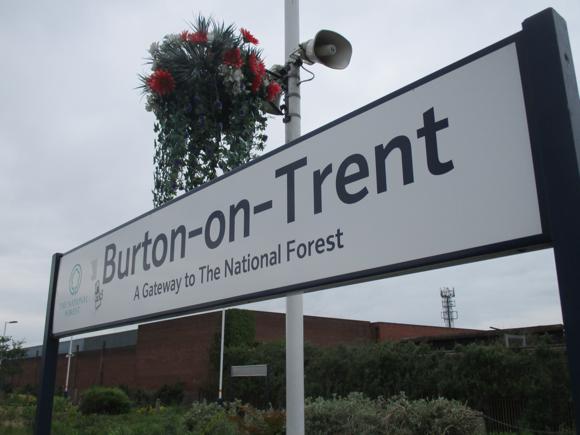
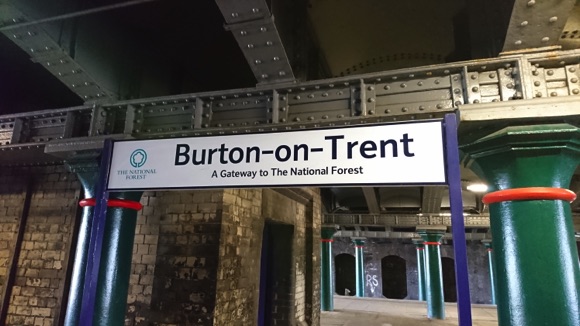
It’s a good 30min walk from Burton station up Derby Street/Road to the stadium – turn left as you exit, down Borough Road, then right into Derby Street and keep going, past the roundabout, keeping the rail lines to your right. A taxi should cost around £7.
As for local buses, the Trent Barton/Arriva X38 runs every 20mins Mon-Sat (up to 7pm) and every hr Sun from Burton High Street (stand 10) five stops/5mins to Wetmore Barley Close/Pirelli Sports Club.
The sat nav code for the Pirelli Stadium is DE13 0AR. The stadium has its own car park (£5) on Princess Way behind the main South Stand. If full, try the Ryknild Trading Estate (DE14 1RZ, £5) across Derby Road or Eton Park Junior School (£4) on Masefield Crescent (DE14 2SG) by the canal.
getting in
Buying tickets – when, where, how and how much



The main ticket office (Mon-Fri 8.30am-5.30pm, non match-day Sat 9am-noon, match-day Sat 9am-6pm) is behind the main stand. There are also telephone (01283 565 938) and online sales.
Prices are set at £24 for a seat in the main stand (£22 for over 65s/£14 for under-17s), £20 (£18/£7) for a place on the terraces. There’s a £2 levy for match-day purchases.
what to buy
Shirts, kits, merchandise and gifts

Also behind the main stand, the club shop (usual opening hours Mon-Fri 9am-5pm, Sat 9am-noon & match days) stocks home tops of yellow with a single black stripe and tyre-tread edging, away shirts of white with a single sky-blue stripe.
A couple of wonderful T-shirts relate to Albion staying up, one showing Jimmy Floyd Hasselbaink and assistant manager Dino Maamria astride motorbikes above the Pirelli Stadium like McQueen about to scale the Swiss frontier with the message The Great Escape. Burton are also one of the few clubs to still sell rattles, plus cheap sunglasses just begging to be worn during some pub drinking game.
Where to Drink
Pre-match beers for fans and casual visitors




If you’re walking up from the station, you first pass The Alfred at 51 Derby Street, a convivial Burton Bridge Brewery pub dating back to Victorian times, generally welcoming to away fans.
Further up, just past the roundabout, the Derby Inn at 17 Derby Road serves ales from Wentwell Brewery and screens matches – once new owners come in.
With a more Albion bias, though a little out of the way on Horninglow Road, The Navigation is another pre-match haunt, its pool table and TVs surrounded by yellow-and-black scarves.
Perhaps the best choice, close to the Trent on Wetmore Road 5-10min walk from the stadium, The Great Northern is another Burton Bridge Brewery establishment, offering guest ales, pool, darts and TV sports in a community pub atmosphere. Also within easy reach of the ground, the Hanbury Arms on Sydney Street just off Derby Road has a pool table, TV, small beer garden, bar staff serving Marston’s Pedigree.







